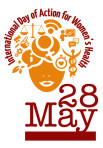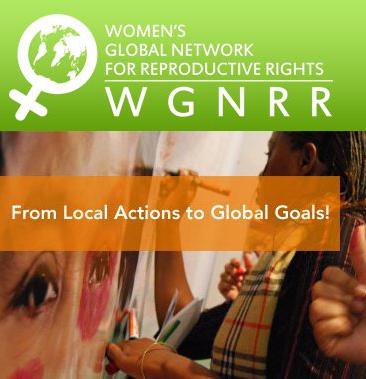Women’s access to essential SRHR information and services remains critical in responding to COVID-19
Women’s access to essential SRHR information and services remains critical in responding to COVID-19 This May 28, join women’s rights activists around the world in calling on governments and the international community to ensure a rights-based, just, and sustainable approach to the COVID-19 pandemic. Women’s access to essential Sexual and Reproductive Health and Rights (SRHR) […]







